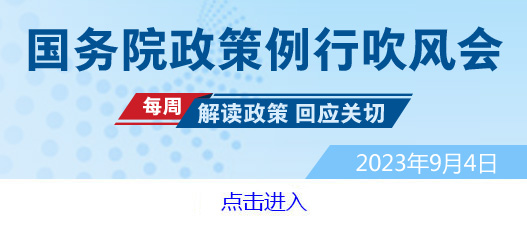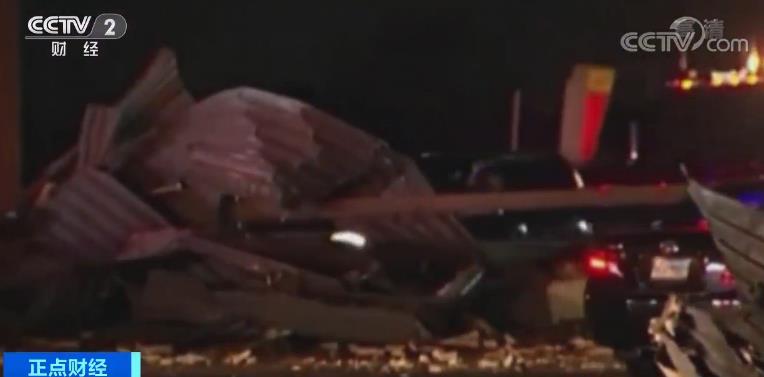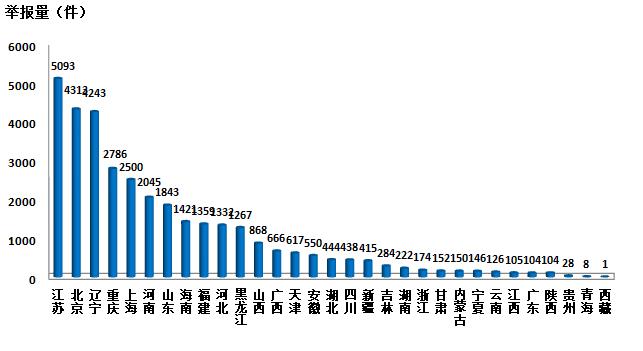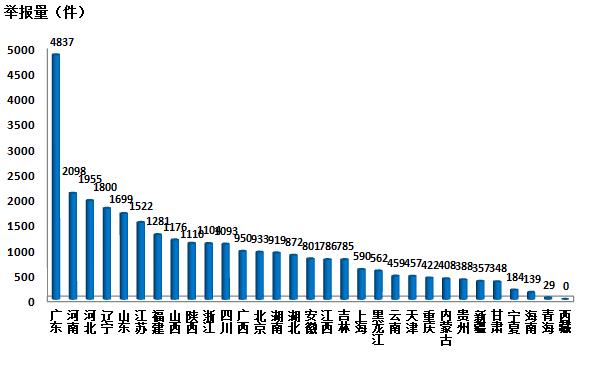Social security service is the "last mile" of social insurance system.
On Monday, September 4th, 2023, the State Council Press Office held a routine briefing on the State Council policy, and invited Vice Minister Jong Li of Ministry of Human Resources and Social Security, Deputy Director Huang Huabo of the National Health Insurance Bureau, Director Zhang Xun of the Third Legislative Bureau of the Ministry of Justice, Director Tan Chaoyun of the Ministry of Human Resources and Social Security Regulation Department, Director Zhai Yanli of the Ministry of Human Resources and Social Security Social Insurance Management Center, and Director Long Xuewen of the National Health Insurance Management Center to introduce them.Regulations on handling social insuranceRelevant information, and answer questions from reporters.
[Jong Li, Vice Minister of Ministry of Human Resources and Social Security]
On August 16th, Premier Li Qiang signed the State Council Order No.765, promulgating the Regulations on Handling Social Insurance, which will take effect on December 1st, 2023. Below I will give you a brief introduction on the formulation of the Regulations.
Social security service is the "last mile" of the social insurance system, which plays an important role in serving the people, implementing people’s livelihood policies and promoting the high-quality development of social security. The CPC Central Committee and the State Council attached great importance to social security work and made a series of major arrangements to strengthen social security handling. General Secretary of the Supreme Leader pointed out that the social security system is the safety net of people’s life and the stabilizer of social operation, and stressed the need to improve the social security management system and service network, and strengthen social security work from all aspects of legislation, law enforcement, justice and law-abiding. This provides a fundamental basis for us to improve the social security system and promote the development of social security management. The 20th National Congress of the Communist Party of China proposed to improve the multi-level social security system covering the whole people, coordinating urban and rural areas, being fair, unified, safe, standardized and sustainable. This has clearly defined the target requirements for doing a good job in social security management.
Since the 18th National Congress of the Communist Party of China, the Ministry of Human Resources and Social Security, the National Health Insurance Bureau and other departments have resolutely implemented the important instructions of the Supreme Leader General Secretary and the decision-making arrangements of the CPC Central Committee and the State Council, adhered to the people-centered development ideology, comprehensively deepened reforms, and built the largest social security system in the world. We have continued to implement the universal enrollment plan. The number of participants in basic old-age insurance, unemployment insurance, industrial injury insurance and maternity insurance has reached 1.057 billion, 240 million, 294 million and 246 million respectively, and the enrollment rate of basic medical insurance has stabilized at around 95%. Strengthen the fund support capacity, the accumulated balance of various social security funds exceeds 12.5 trillion yuan, and the market-oriented investment operation has steadily expanded; Continuously optimize the handling service system and achieve full coverage of provinces, cities, counties, towns (streets) and villages (communities). The steady development of social security and the improvement of the efficiency of handling services have effectively enhanced the people’s sense of happiness and security.
At present, China’s social security system reform has entered a stage of system integration, coordination and high efficiency, which puts forward new and higher requirements for social security management. As the first administrative regulation in the field of social security management, the Regulations mark a new step in the legalization, standardization and refinement of social security management, which is of great milestone significance.
The "Regulations" consists of 7 chapters and 63 articles. The main contents are summarized as "five clarifications": First, the scope of application is clarified. These Regulations shall apply to the social insurance stipulated by the state, such as basic old-age insurance, basic medical insurance, industrial injury insurance, unemployment insurance and maternity insurance. The second is to clarify the responsibilities of the agency. It is stipulated that the social security agency shall handle the responsibilities of social insurance relationship registration and transfer, information recording and storage, and treatment approval and distribution. This further reflects the social security agency’s responsibility as the concrete executor of social insurance policy, the direct guardian of the people’s rights and interests, and the front-line provider of public services. The third is to clarify the requirements for convenience and benefit. It is required that people can enjoy more efficient and convenient public services by strengthening information sharing, reducing certification materials, shortening the processing time limit and providing humanized and personalized services to special groups. The fourth is to clarify the supervision and management measures. Require social security agencies to negotiate and sign service agreements with eligible institutions to standardize social insurance services. The administrative departments of human resources and social security and medical security are required to supervise and inspect social security agencies and social security service agencies, and establish a social insurance credit management system. Require financial departments and audit institutions to supervise according to law. The fifth is to clarify the legal responsibility. The corresponding legal responsibilities are stipulated for illegal acts such as defrauding social security fund expenditures, concealing, transferring, encroaching, misappropriating social security funds or illegally investing in operations.
The "Regulations" are based on standardizing handling, optimizing services, ensuring safety, safeguarding rights and interests, and promoting fairness, and strive to improve the social security handling service system, improve service levels, and improve service efficiency. The promulgation and implementation of the "Regulations" is conducive to improving the refined management and service level of social security agencies, improving the efficiency of social security governance, better meeting people’s expectations for high-quality life, and playing an important role in the high-quality development of social security agencies. The Ministry of Human Resources and Social Security and the National Health Insurance Bureau will take the promulgation and implementation of the Regulations as an opportunity to formulate and improve relevant supporting rules and regulations, further standardize handling services, improve service quality, and promote convenience and benefit.





